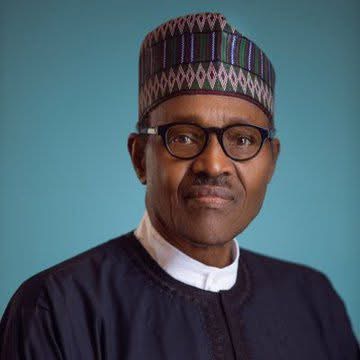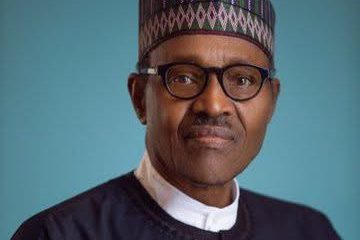Trending
Fire kills 94 people after fuel tanker crash in Nigeria
Trending
Muhammad Buhari International Airport, Maiduguri, Commences International Operations

Trending
Los Angeles: Plane travels back in time by leaving Hong Kong in 2025, reaching LA in 2024

Trending
Polygamous Ghanaian man, Michael Houston, and one of his two wives, Adepa Fel, are expecting their second child together.

- Politics11 months ago
Nigerian Senate passes Bill seeking the establishment of the South East Development Commission.

 Business11 months ago
Business11 months agoInflation hits record high of 29.90% on naira weakness

 Politics7 months ago
Politics7 months agoBREAKING: Federal Gov’t Offers To Pay Above N60,000, Reaches Agreement With Labour

 SportsNews10 months ago
SportsNews10 months agoOlympic Qualifiers 2024: CAF Confirms Dates For Super Falcons Vs Banyana Banyana

 Politics10 months ago
Politics10 months agoGovernor Hope Uzodinma’s New Cabinet In Imo: The Gainers, The Losers
- Entertainment11 months ago
American Singer Beyonce makes history as first Black woman to top country chart

 Trending2 months ago
Trending2 months agoNYA demands release of ‘abducted’ Imo chairman, preaches good governance

 Politics7 months ago
Politics7 months agoBREAKING: Organized Labour suspends strike for one week.
















